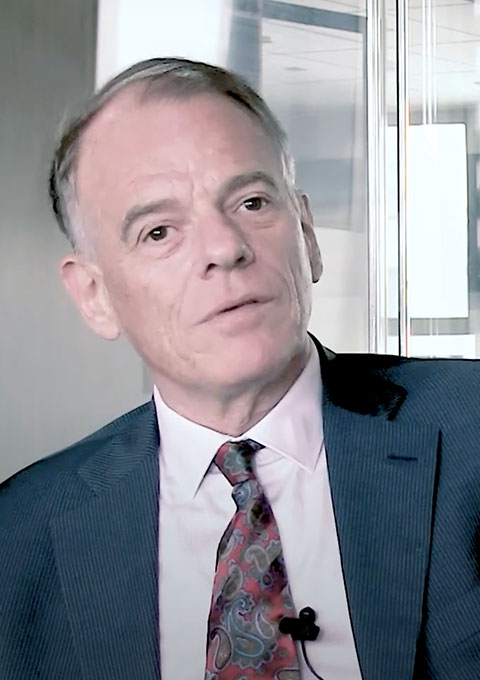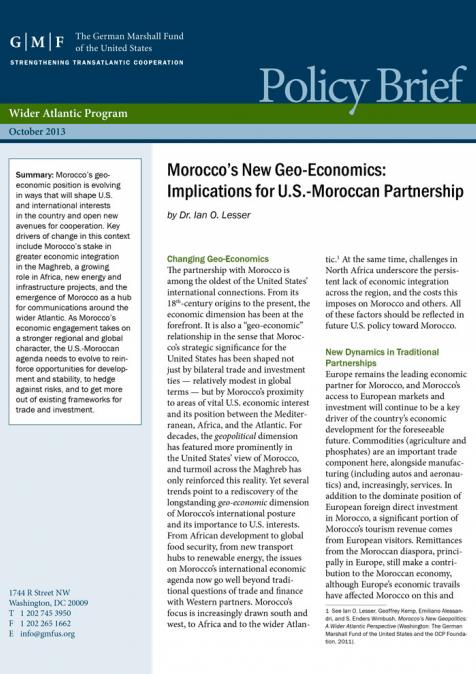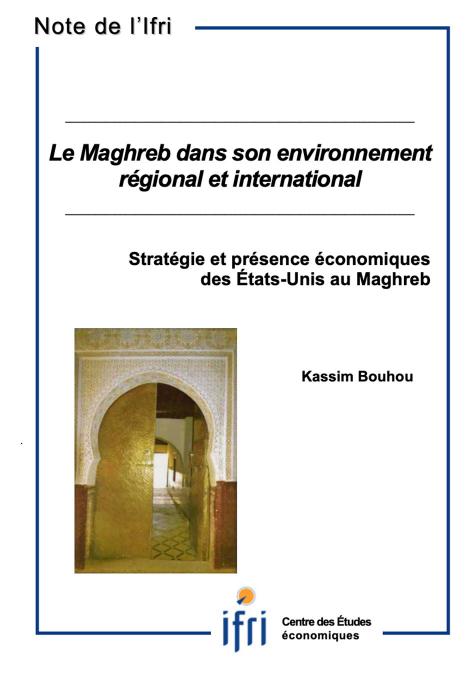The 2024 US Elections Strategic and Economic Implications for the New South
The outcome of the 2024 U.S. elections marks a pivotal moment for U.S. engagement with the New South. Historically, American involvement in the Atlantic region oscillates between deeper economic integration and strategic retrenchment, driven by shifts in domestic priorities and global pressures. The next administration is likely to redefine U.S. trade policies, investment strategies, and economic partnerships, with potential consequences for key initiatives such as the African Growth and Opportunity Act (AGOA) and the Partnership for Atlantic Cooperation. The latter serves as a critical framework for fostering multilateral collaboration across the Atlantic, with trade, security, and sustainable development implications. A potential U.S. pivot towards the Indo-Pacific further recalibrates its commitments to the Atlantic, impacting nations across the New South. This discussion critically assesses how these shifts in U.S. economic and strategic policy transform relations with the New South. Central to this analysis is whether the U.S. maintains its economic engagement with Africa and the Atlantic region, and how the New South navigates evolving trade relations, investment flows, and shifts in multilateral cooperation following the U.S. election. Against this backdrop, the Policy Center for the New South organizes a roundtable on September 24th, focusing on the strategic and economic implications of the 2024 U.S. elections for transatlantic relations and their impact on the New South. The event features Senior Fellows from the Policy Center, providing expertise on the potential shifts in U.S. foreign policy and its repercussions on the global South. Discussions explore critical areas such as trade, diplomacy, and strategic alliances, with a special focus on how these developments influence the economic and geopolitical landscape of the New South. Akram Zaoui, International Relations Specialist at the Policy Center for the New South, moderates the session. It includes a presentation followed by an open discussion, allowing participants to engage with the ongoing dynamics shaping transatlantic relations.










